The role of Kenya’s judiciary is critical in ensuring justice, transparency, and the rule of law.
The recent spotlight on Chief Justice Martha Koome and allegations of conflicts of interest has sparked a broader discussion on judicial ethics and the misuse of public resources.
Concerns surrounding Koome’s alleged use of a helicopter linked to the family of Prime Cabinet Secretary Musalia Mudavadi have raised questions about impartiality, transparency, and the integrity of Kenya’s judiciary.
The Alleged Conflict of InterestChief Justice Martha Koome has faced public scrutiny over her purported use of a helicopter tied to Musalia Mudavadi’s family.
While the ownership details of the helicopter remain unconfirmed, the accusations have ignited debate regarding the potential for conflicts of interest in the judiciary.
These claims are significant because the judiciary is expected to remain independent, free from political influence or personal ties that could influence its decisions.
The perception of a judicial leader with connections to a prominent political family using state or public resources raises alarms about possible bias, favoritism, and the erosion of trust in the system.
Such accusations are not just about the misuse of resources, but also about the broader issue of judicial accountability.
The public expects those in positions of power within the judiciary to act with the highest level of transparency.
When a senior figure, such as the Chief Justice, is linked to individuals with vested political interests, it becomes difficult for the public to trust that legal decisions are made purely based on law and fairness.
Beyond the helicopter allegations, the broader question is whether the judiciary is becoming increasingly entangled with the political elite, undermining its independence.
If influential political figures or their families are using state resources that are not clearly accounted for, it raises questions about the allocation of public funds and whether such resources are being diverted for personal or political gain.
Public trust in the judiciary is already fragile, and any hint of nepotism or favoritism exacerbates this issue.
Even the perception of favoritism can have a devastating effect on the integrity of the legal system.
The judiciary’s responsibility is to be an impartial arbiter, making decisions based on the law, not on personal or political affiliations.
Reports of personal ties to powerful political families can lead the public to question whether the judiciary can remain neutral in politically sensitive cases.
To maintain the public’s confidence, judicial leaders like Koome must demonstrate unwavering transparency in their actions.
This means avoiding any situation where their personal or professional associations could be seen as compromising their ability to make fair, unbiased decisions.
Moreover, judicial independence must not be merely a theoretical principle but a practical reality, which includes ensuring that public resources whether they are helicopters, vehicles, or other state assets are used strictly for official purposes and under transparent procedures.
Clear documentation of who owns and uses these resources, as well as adherence to procurement laws, is essential to prevent any appearance of impropriety.
In the face of mounting public concern, it is crucial that Kenya’s judiciary take proactive steps to ensure that these ethical issues are addressed.





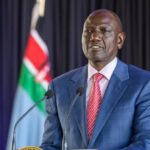

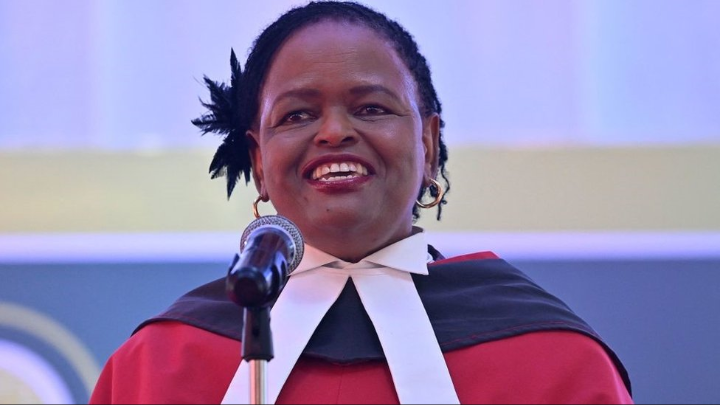
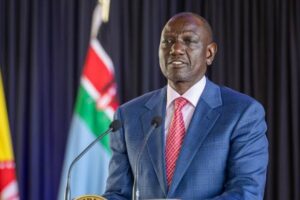
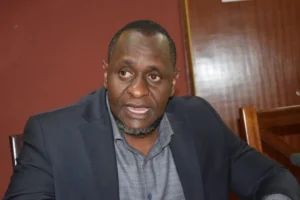
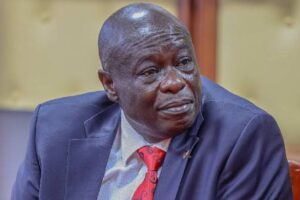
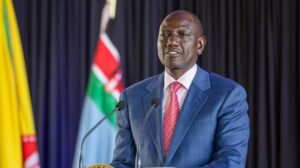

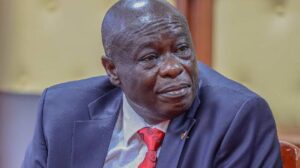


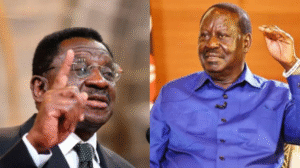
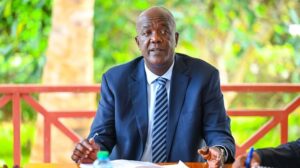

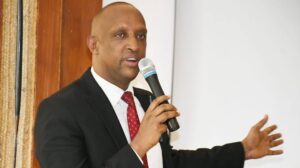
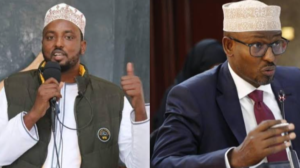
Add Comment